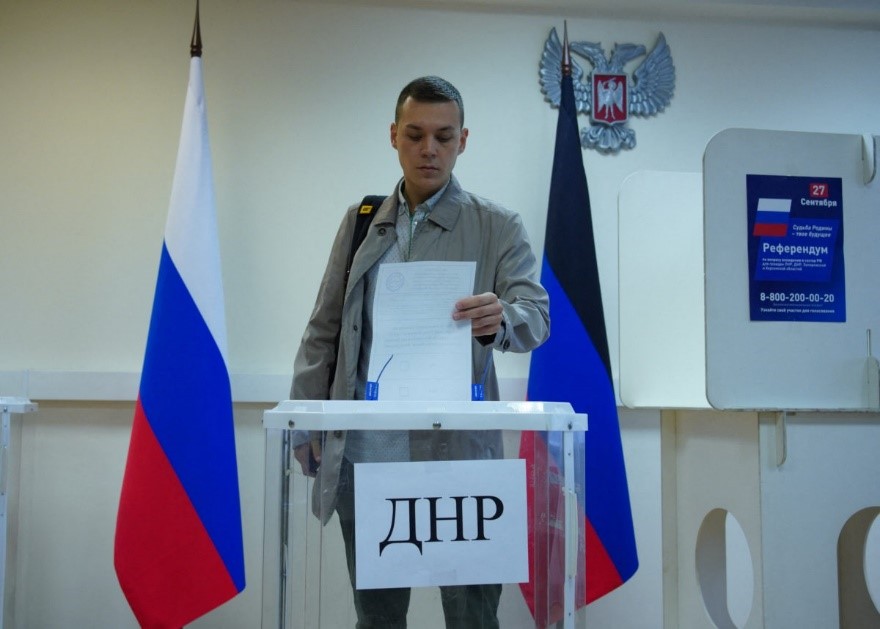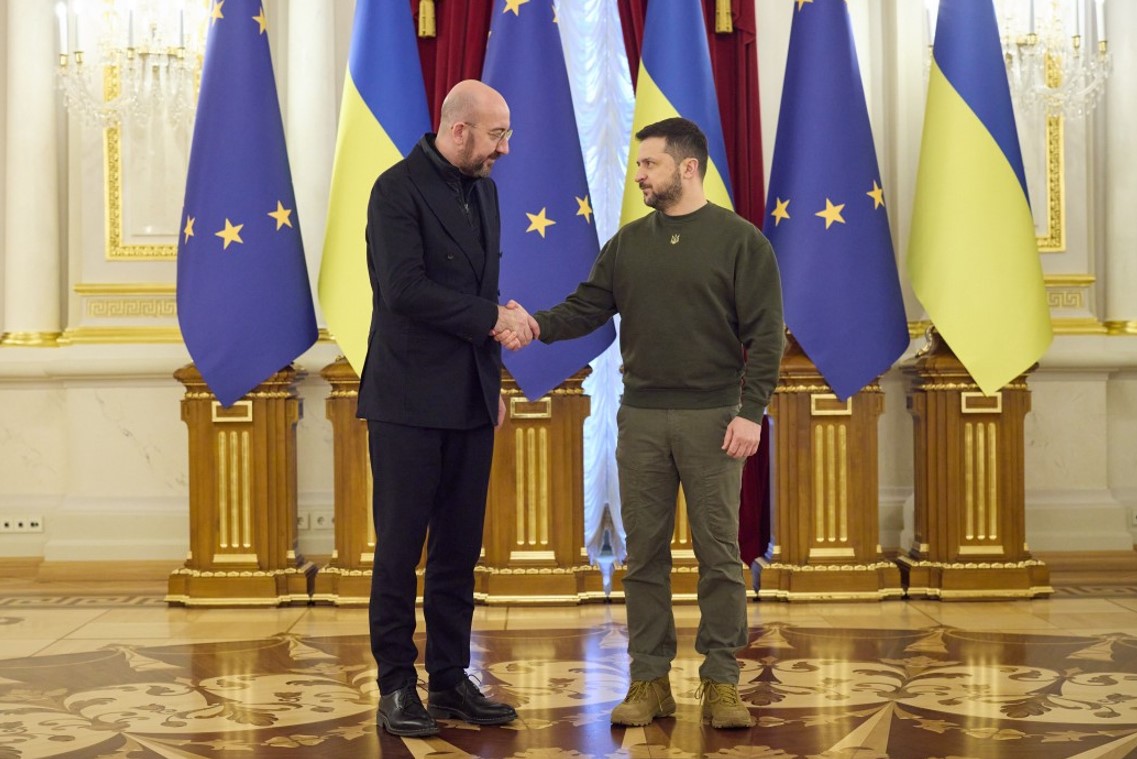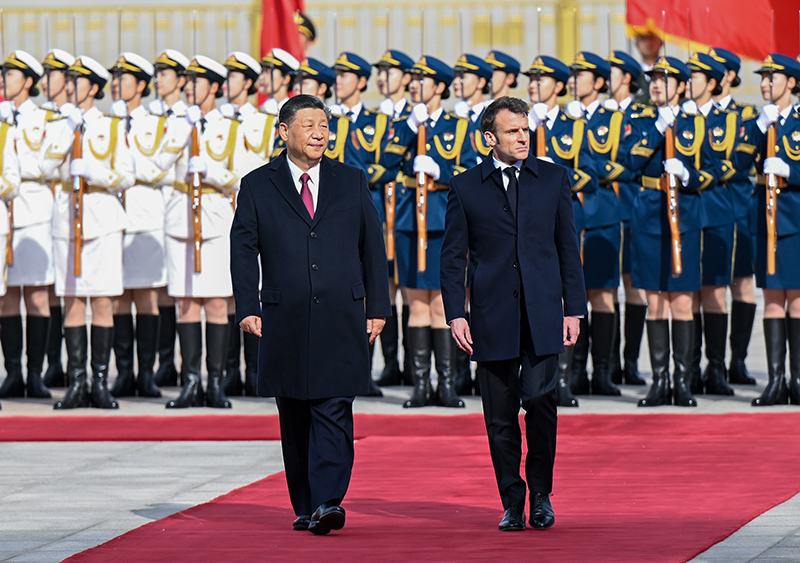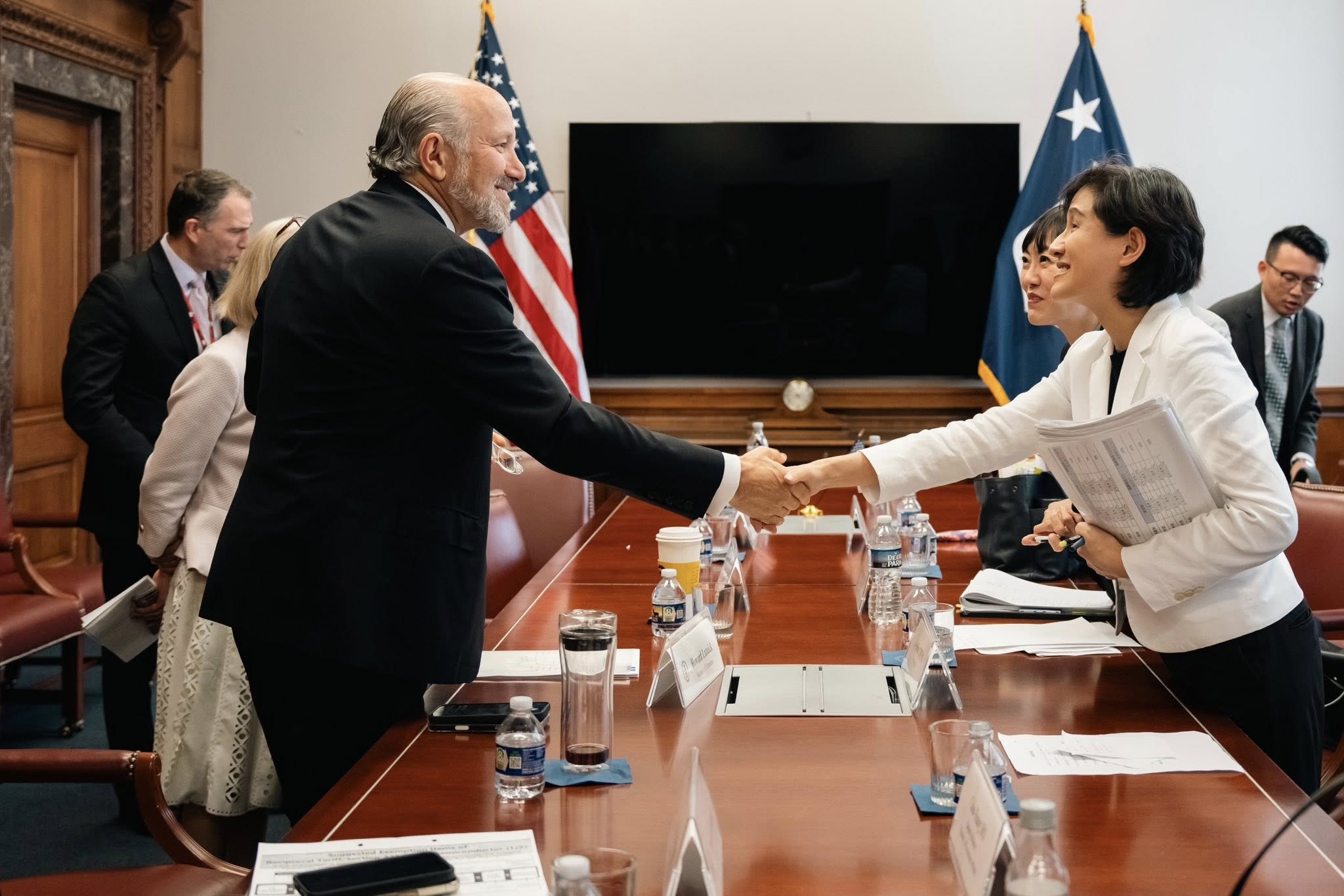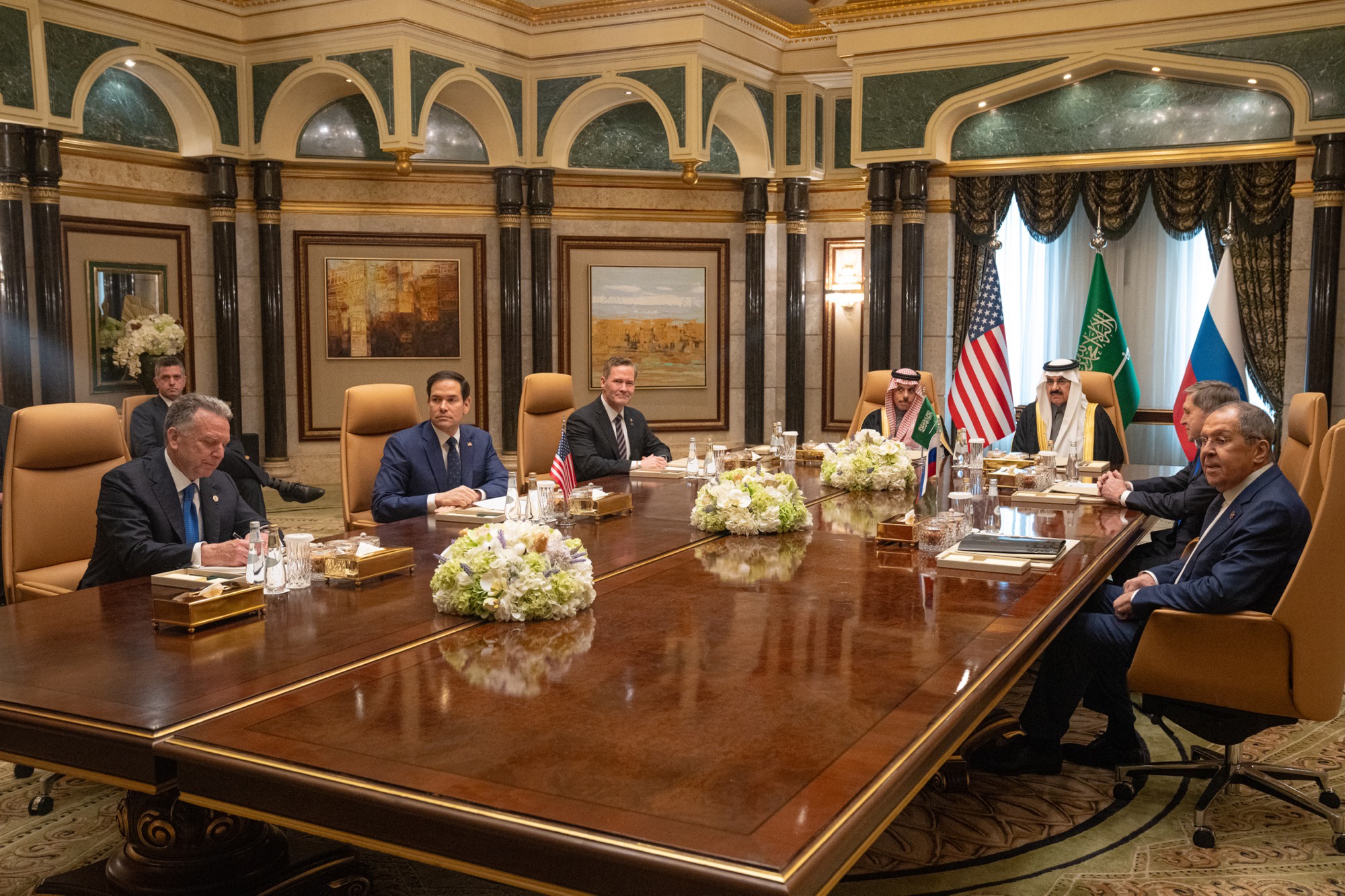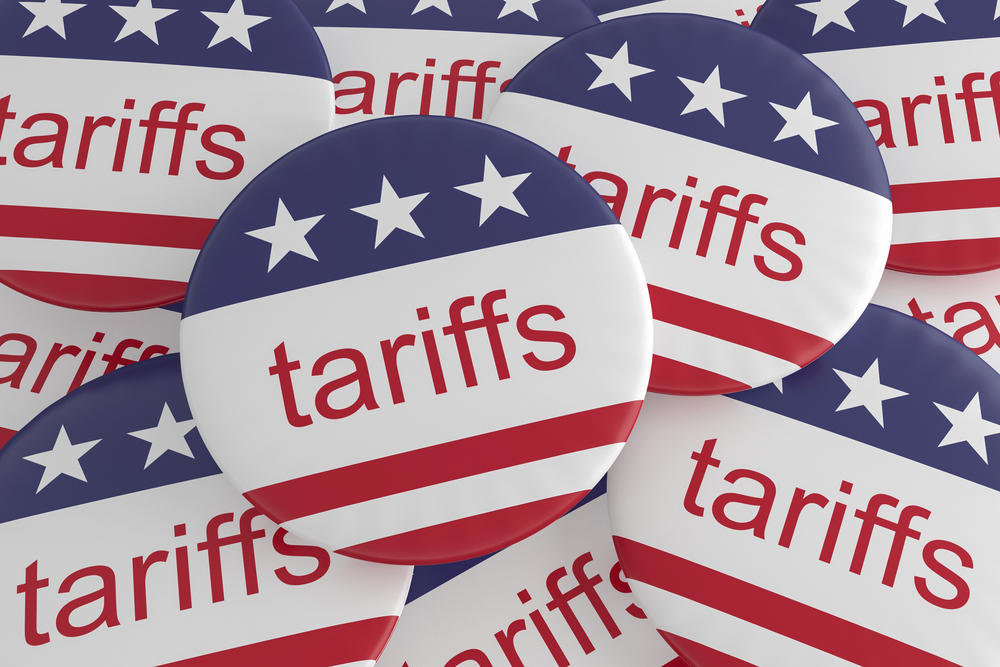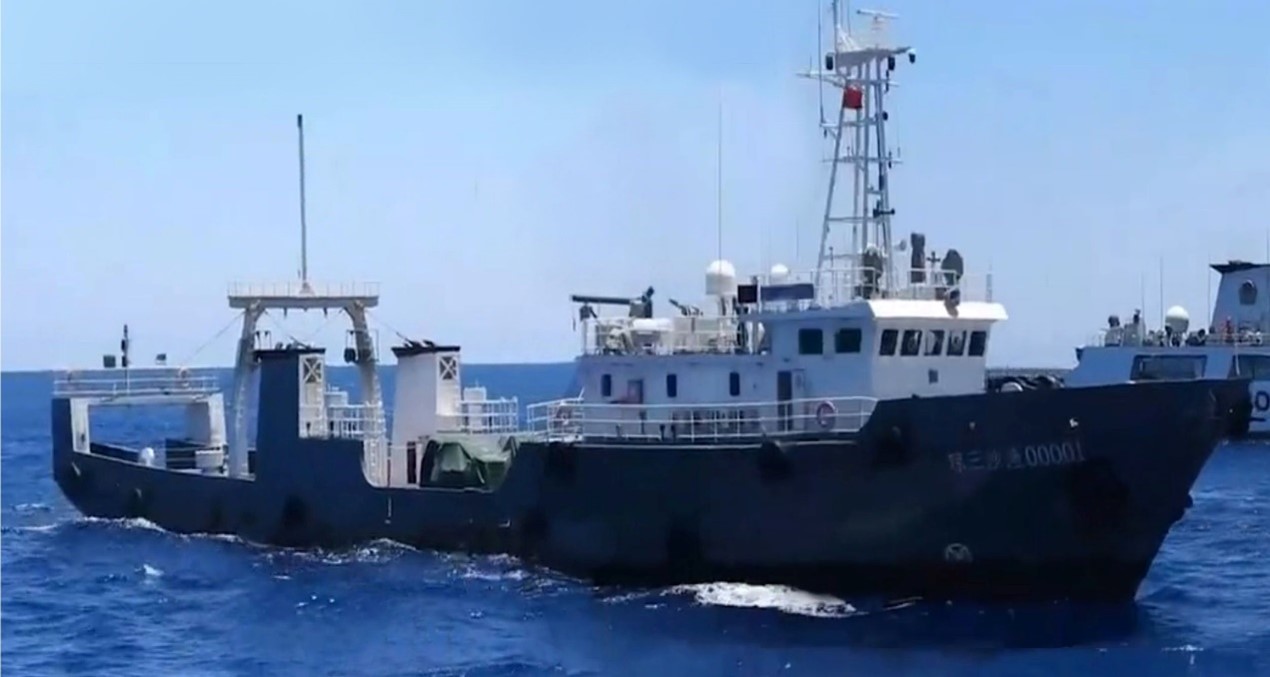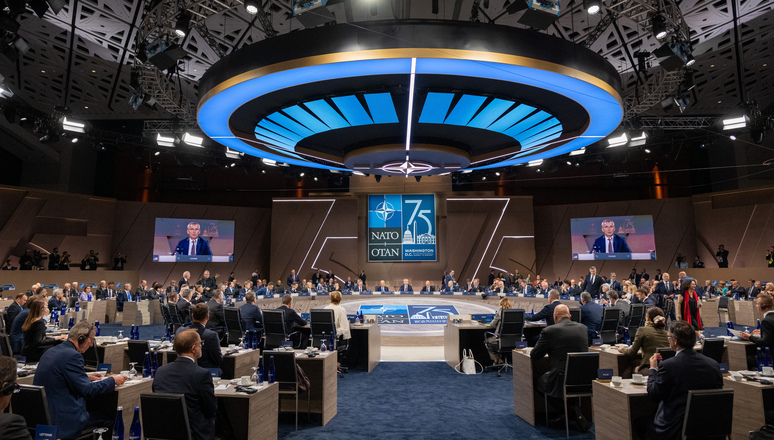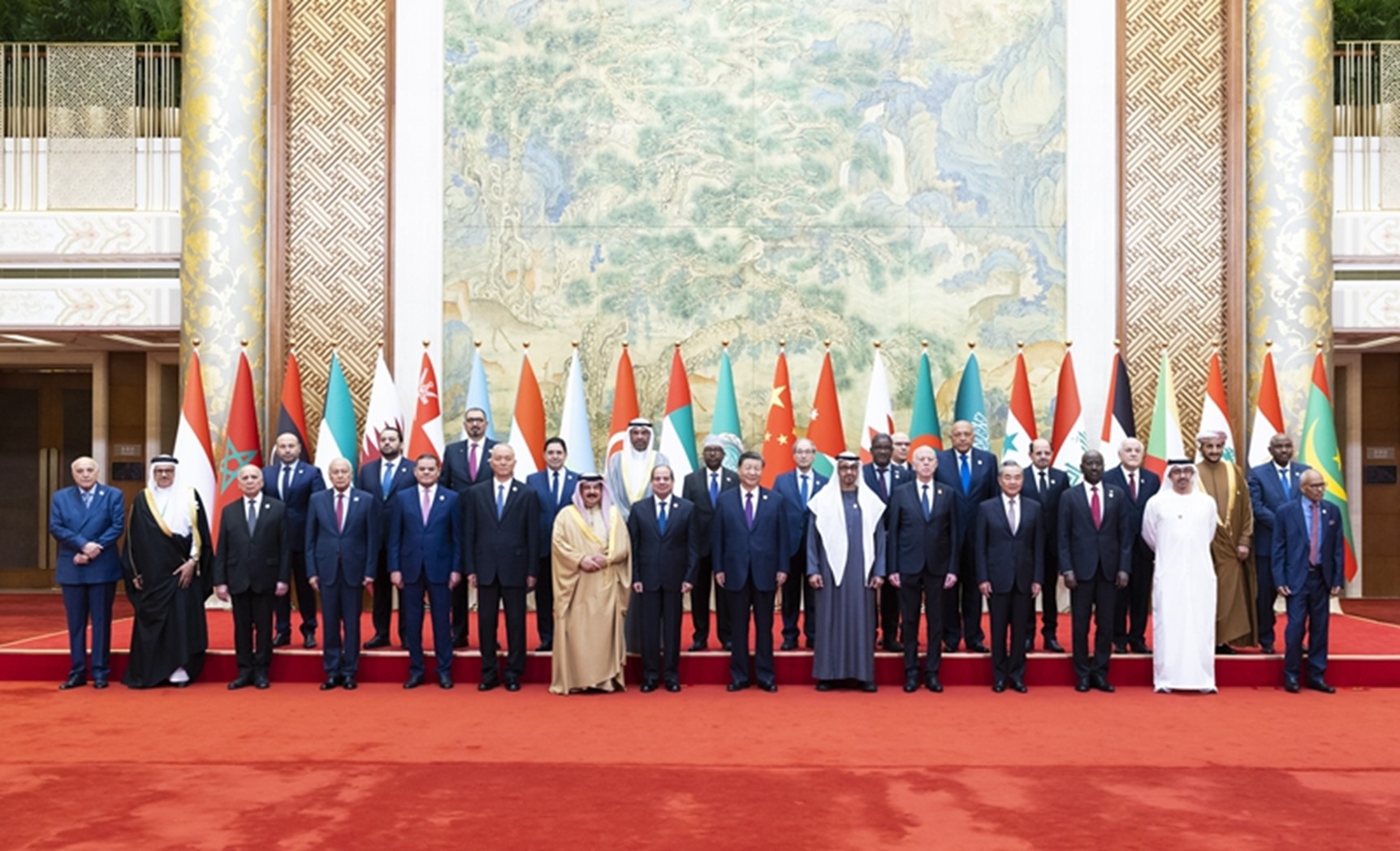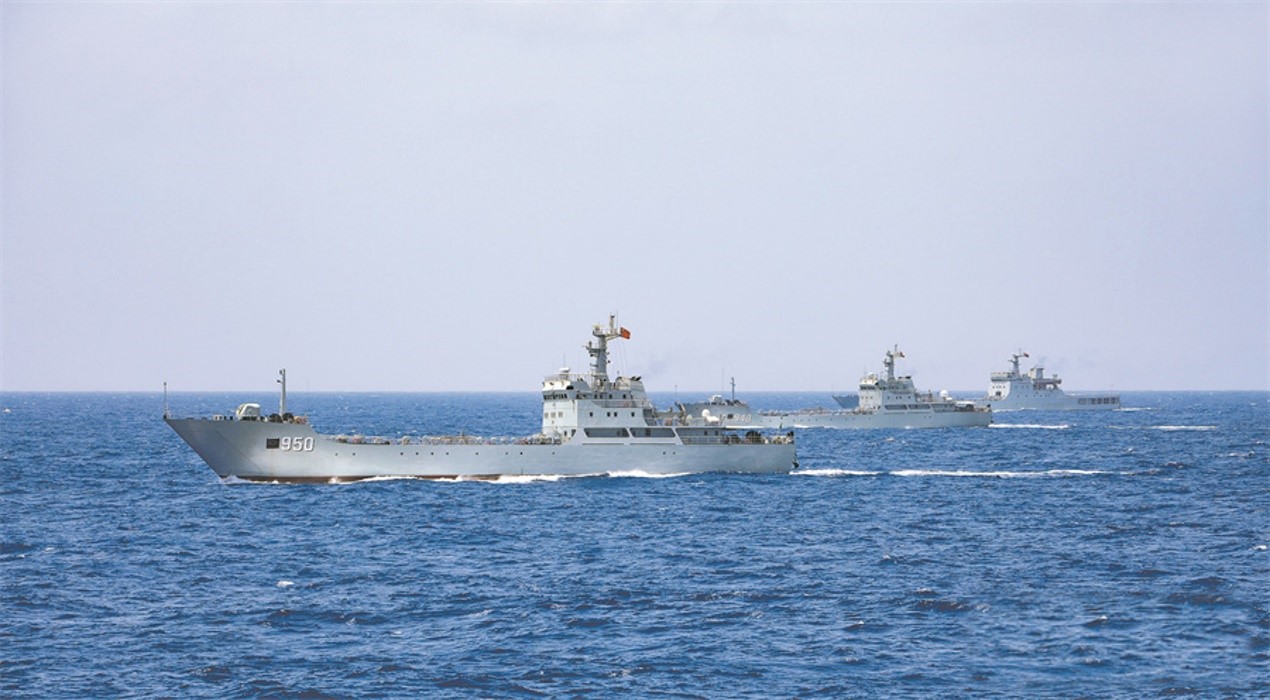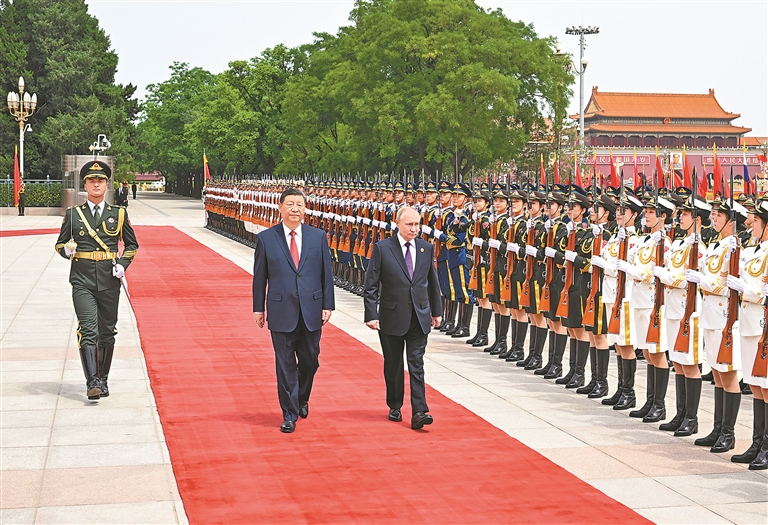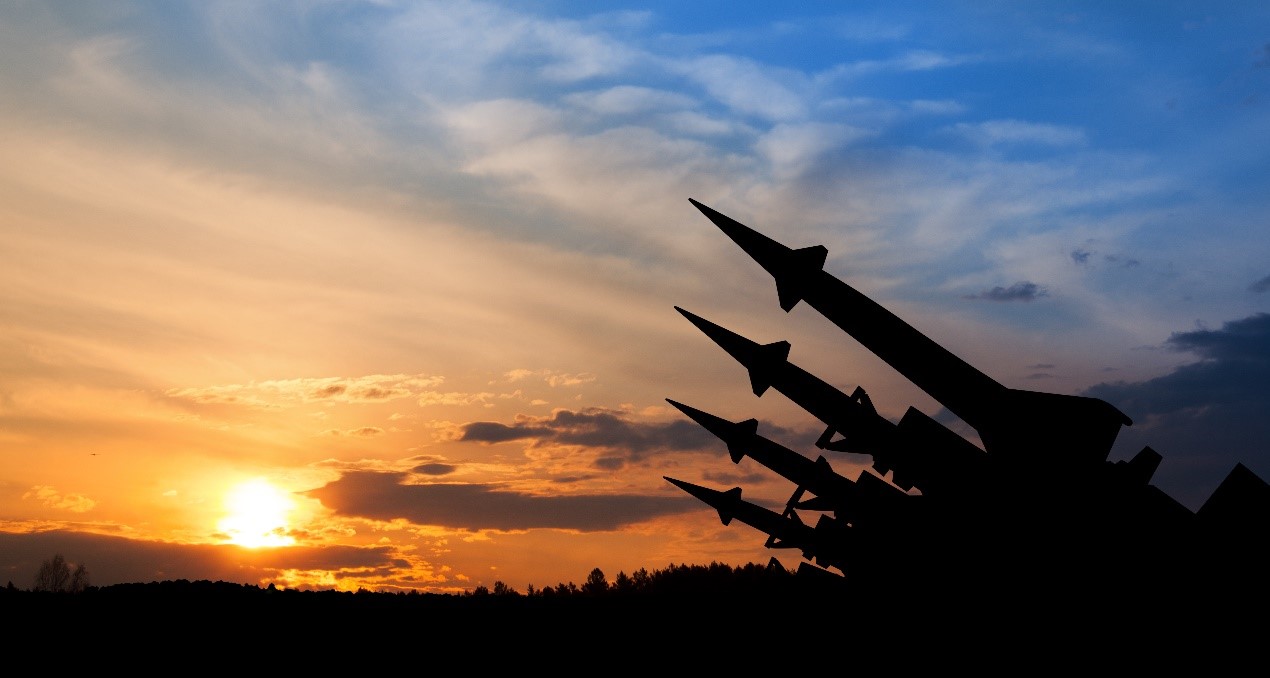The annexations, which violate the fundamental principles of territorial integrity and sovereignty that Beijing holds so dear, also bring new layers of complexity to China’s position on Putin’s war of choice, including to its relationship with the aggressor, the victim, and the West. Picture source: Hanna Arhirova, September 23, 2022, https://www.pbs.org/newshour/world/voting-begins-in-rigged-referendum-to-join-russia-in-occupied-parts-of-ukraine.
Sham ‘Referenda’ in Ukraine:
A Quandary for Beijing
Prospects & Perspectives No. 61 October 21, 2022
By Zsuzsa Anna Ferenczy
In a further escalation of his war against Ukraine, on September 30 Russian President Vladimir Putin announced his annexation of four oblasts of Ukraine, namely Luhansk, Donetsk, Kherson and Zaporizhzhia, which account for about one-seventh of Ukrainian territory. The “referenda” took place over five days, at gunpoint, reportedly in the presence of Russian soldiers or heavily armed uniformed men, with voting organized at so-called polling stations only on the last day, September 27.
This move marked a point of great danger in the war. Putin warned he would respond to any attacks on the annexed Ukrainian territories as if they were Russia proper, which could mean the use of nuclear weapons. Putin has said that this is not a bluff, making the conflict even more of a global security concern. China appears to have taken notice. As an editorial in the state-run Global Times in early October noted, in case of a nuclear war, no one will be safe, not Ukraine, not the world. The annexations, which violate the fundamental principles of territorial integrity and sovereignty that Beijing holds so dear, also bring new layers of complexity to China’s position on Putin’s war of choice, including to its relationship with the aggressor, the victim, and the West.
U.S. President Joe Biden, UN Secretary General António Guterres and other world leaders rejected the “referenda” as unlawful and illegitimate. Ukrainian President Volodymyr Zelensky pledged he would fight until all of his country’s territory – including the Crimean Peninsula which Russia annexed in 2014 – is reclaimed. The EU’s High Representative Josep Borrell said this was another violation of Ukraine’s sovereignty and territorial integrity amidst systematic abuses of human rights. There is little doubt that Russia is growing increasingly isolated. Already before the annexations, Narendra Modi, India’s Prime Minister, who has so far refrained from siding with the West in condemning Russia, had said that this is no time for war.
In reality, the illegal annexations raise the most sensitive questions for Beijing. As such, Chinese leader Xi Jinping’s “questions and concerns” about the invasion, which Putin says Xi had raised on September 15 during their first face-to-face meeting since the invasion, might just be getting more serious. In light of China’s own (albeit false) claims of sovereignty over democratic and self-governed Taiwan, which the People’s Republic of China never ruled, how resilient is Beijing’s backing as Russia’s most powerful international partner? How generous is Xi in his burden-sharing with Putin? Will China provide military assistance to Russia?
China-Russia aligned on disinformation
In Putin’s brutal war, Xi has been his most valuable friend, albeit not free of ambiguities. Beijing has refrained from condemning Russia’s aggression, though at the same time it has held onto its long-established position on the sanctity of the principles of sovereignty and territorial integrity, while shielding itself from the overall fallout of the war. While Beijing’s balancing may have limited Putin’s options, it has not deterred him from escalating his aggression. In March, Chinese Foreign Minister Wang Yi said it was a “naked double standard” to seek to conflate the issues of Taiwan and Ukraine as the former has always been part of China and it is therefore a domestic matter. In line with Russian rhetoric, Wang also accused the U.S. of “China phobia.”
It is noteworthy how prominent a role disinformation has played both on Moscow’s and Beijing’s agendas, as an indispensable tool to help build up and consolidate – falsely – the foundation of their own domestic legitimacy. Supporting each other in this regard has been mutually beneficial. Moscow and Beijing have each maintained, in their own ways, that Ukraine and Taiwan respectively are existential issues for Russia and the China. This false claim has empowered them both to assert their “legitimate right” to deal with Ukraine and Taiwan driven by national interests, rather than guided by international law.
The pursuit of their legitimacy, built up through disinformation, has played out differently in Moscow and Beijing. Putin chose to go as far as to use force against Ukraine. It remains to be seen whether Xi will choose a similar path. Many international observers have stressed this is not a matter of if, but when. In reality, for years, the Kremlin’s belligerent narrative, disinformation and influence operations designed to weaken democracy have served the wider geostrategic interests of the Chinese leadership.
Xi has been working on conveying a message of self-confidence through China’s “wolf warrior” diplomacy and economic incentives. Putin, on the other hand, has focused less on trying to improve the image of his country, and more on destabilizing the West by exploiting their lack of unity, which failed following his invasion of Ukraine in February. As Russia built its strategy on falsehoods, China has insisted on a narrative consistency. Therefore, the illegal annexations of Ukrainian territory by Russia could prove to be the most significant challenge to Beijing’s claim of consistency and neutrality in this brutal war.
Sanctions ‘for as long as it takes’
Western resolve to stand by the victim and sanction the aggressor “for as long as it takes” has certainly made the leaders in Beijing anxious. Following the illegal annexations, the EU further strengthened its restrictive measures against Russia, adopting its eighth sanctions package since the war started. The message, “the EU will stand by Ukraine for as long as it takes”, echoes the statement of the G7 condemning the sham “referenda.” Most importantly, for the first time the EU’s sanctions package will also extend the ban to imports into the EU of Russian steel products that have been further processed in third countries. This means, for example, that a Chinese steel product will not be able to enter the EU market if it is made from Russian input. This development in the EU’s approach makes secondary sanctions a reality, the implications of which China will certainly consider closely.
Whether China would face a similar Western strategy in a Taiwan scenario is an open question that Western leaders themselves have no answer to. To an extent this will depend on how Beijing positions itself in the coming weeks and months, and also on how well EU member states converge on China. Brussels’ efforts to rebalance ties with China is a work in progress, which Beijing’s rhetorical alignment with Moscow has actually supported. Also, the Russia-China friendship of “no limits” declared just weeks before the invasion served to amplify Brussels’ willingness to reassess cooperation with China and intensified efforts to forge a joint EU-approach. Realistically, however, a joint approach is going to be difficult, given that China is a significant trade partner for most member states.
Deterrence first
While the threat of sanctions if Russia invaded Ukraine did not deter Putin, the series of coordinated economic sanctions rolled out in the past months are the most comprehensive measures aimed at a major economy in more than seven decades. The measures have started to inflict damage on the Russian economy, but only time will tell how deep the damage is. With Europe highly dependent on Russian gas, the EU has not – yet – enacted sanctions that would significantly harm its own economies. Yet, evidence shows that Western export controls on technology and industrial components have succeeded in degrading Russia’s ability to sustain military operations and replenish its weapons systems, rather than deterring Moscow.
Xi has grand plans for the future. Taking Taiwan lies at the core of its “national rejuvenation” goal. This requires securing a stable environment, technological supremacy, friendly cooperation with partners, and a thriving economy to maximize China’s power projection capabilities. International isolation might be the darkest nightmare for Xi. So far, he has proved resilient and pragmatic in his burden-sharing with Putin, and even helped to absorb some of his humiliation. But Xi will want to avoid isolation for his own sake.
At the latest EU-China bilateral summit just weeks after the invasion started, European Commission President Ursula von der Leyen did not mince her words: “We expect China, if not supporting the sanctions, at least to do everything not to interfere in any kind.” The message is clear, and the latest round of sanctions just proved that secondary sanctions will become a reality that Beijing should count with. Will this be enough to deter Beijing and guide him to a less destructive path than his best friend chose?
(Zsuzsa Anna Ferenczy is Assistant Professor at National Dong Hwa University in Hualien, Taiwan, former political advisor at the European Parliament.)


